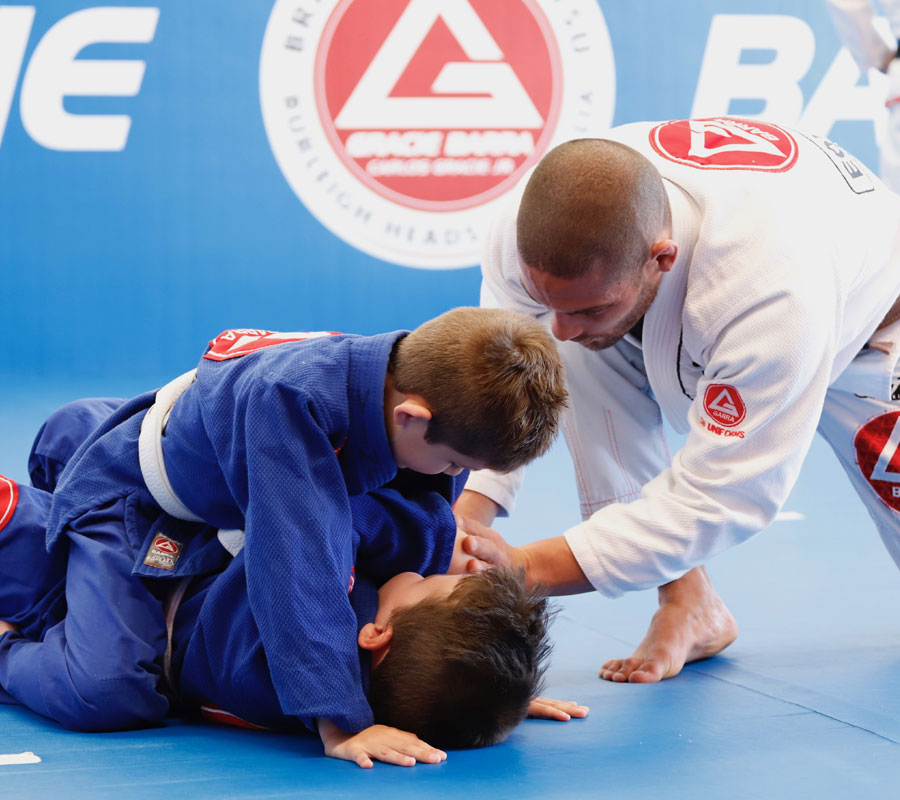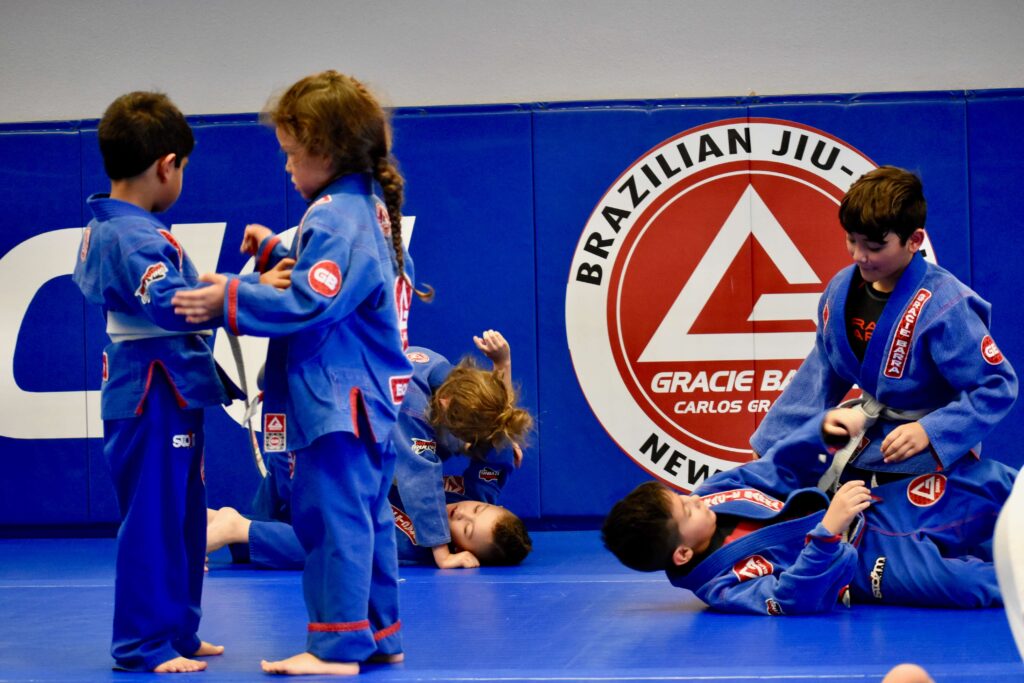Bullying persists as a problem affecting individuals of all ages and social classes. To combat this form of violence, it is essential to seek strategies beyond physical resistance, promoting emotional and mental development, as well as confidence building. In this context, Jiu-Jitsu has stood out as an effective tool in combating bullying, contributing to strengthening not only the practitioner’s body but also their mind and self-confidence.

Personal Empowerment:
Jiu-Jitsu, as a martial art, stands out in promoting individual self-determination. Learning the techniques allows practitioners to develop skills that elevate confidence and self-esteem. The ability to protect oneself and overcome physical challenges during classes creates a sense of control over one’s own body, crucial in preventing bullying.
Respect and Discipline:
The practice of Jiu-Jitsu is intrinsically linked to principles such as respect and discipline. Practitioners learn the importance of respecting both training partners and instructors on the mat. These values extend beyond the classroom, creating a healthier and more respectful environment, reducing the potential for coercive behaviors.
Emotional Development:
Jiu-Jitsu transcends physical training; it is also an emotional exercise. Training challenges contribute to the development of emotional resilience, helping practitioners better cope with pressure and overcome obstacles. This aspect is crucial in bullying prevention, as emotionally resilient individuals are more likely to persevere in the face of adversity.
Confidence Building:
Regular Jiu-Jitsu practice plays a significant role in building confidence. Mastery of techniques, overcoming challenges, and progression in learning strengthen belief in one’s potential. The resulting self-confidence is fundamental in bullying prevention, as confident individuals are less likely to become targets.
Community Promotion:
The communal environment in Jiu-Jitsu is characterized by strong connections among practitioners. The sense of belonging to a community with similar goals fosters mutual support. This support network is essential to prevent social isolation, a factor often associated with bullying.
Self-Defense Strategies:
Jiu-Jitsu is recognized for its effectiveness in self-defense situations. By providing tools to handle physical aggression, the discipline creates a sense of security. Confidence in one’s ability to protect oneself deters potential aggressors, contributing to bullying prevention.
In short:
Jiu-Jitsu emerges as a valuable tool in bullying prevention, integrating physical, emotional, and social aspects, and promoting the construction of self-confidence. By empowering individuals, promoting values such as respect and discipline, developing emotional resilience, fostering communities, and offering self-defense strategies, this martial art contributes to building a more compassionate and resilient society where bullying finds less space to thrive.




